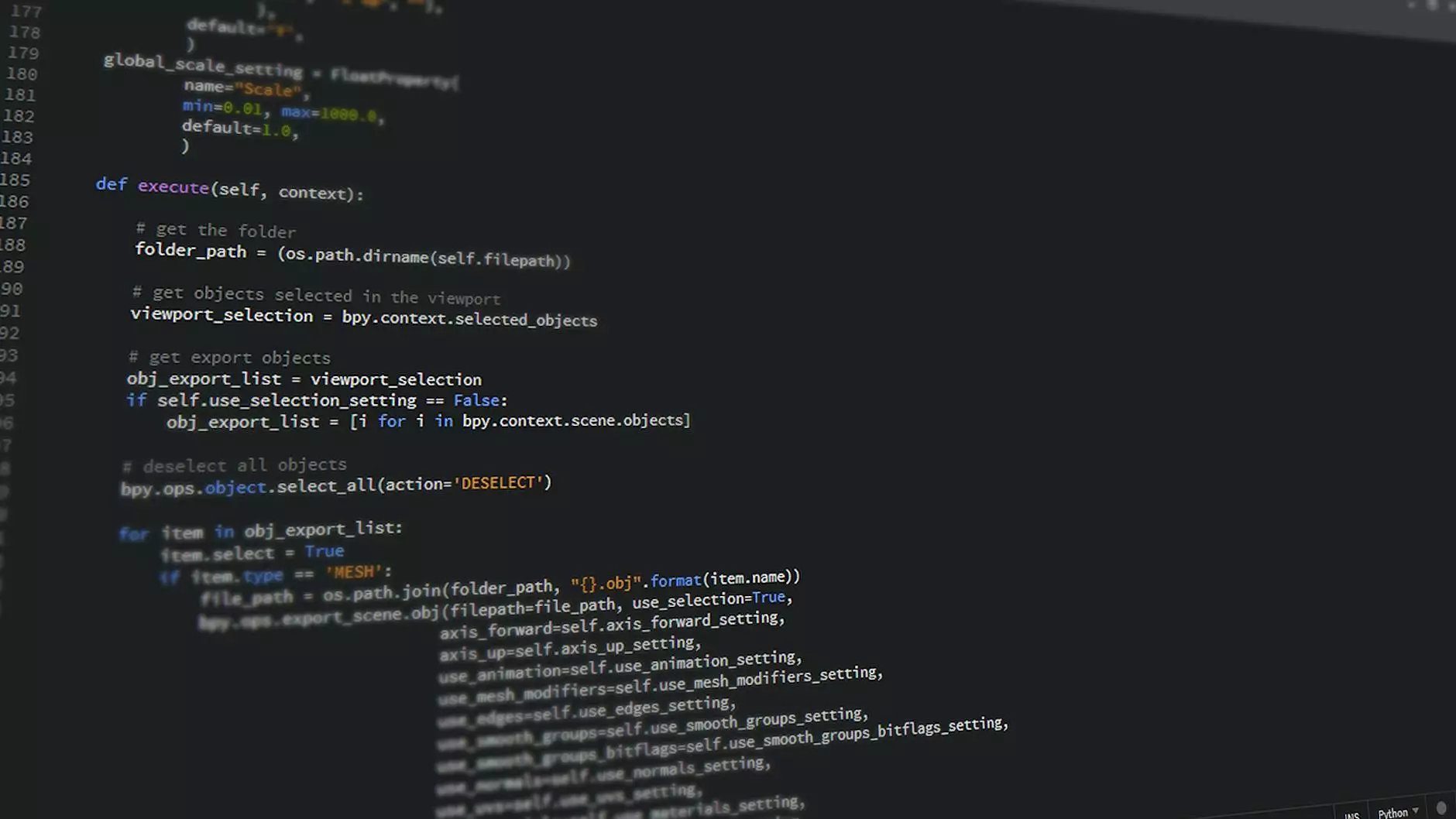SQL vs. MySQL: Top Differences Programmers Should Know
Blog
Introduction
Welcome to Seo by Chrys, your go-to resource for all things related to website development. In this article, we will delve into the top differences between SQL and MySQL, two widely used database management systems. As an expert in Business and Consumer Services - Website development, we understand the importance of staying informed about the nuances of these systems for efficient programming. Let's explore the key distinctions that every programmer needs to know.
1. Database Type
SQL, or Structured Query Language, is a language that allows users to communicate with and manage relational databases. It is a general-purpose language used to perform various operations on data stored in a database. On the other hand, MySQL is a popular open-source relational database management system (RDBMS) that uses SQL as its language for managing databases.
2. Licensing
One crucial difference between SQL and MySQL is their licensing models. SQL is not a specific database product but rather a language used to manage various database systems. MySQL, developed by Oracle Corporation, is available in both open-source and commercial editions. The open-source edition, commonly referred to as MySQL Community Edition, is free to use and widely adopted by developers worldwide.
3. Data Handling and Storage
SQL databases primarily store data in tables, which consist of rows and columns. These databases support the ACID (Atomicity, Consistency, Isolation, Durability) properties, ensuring data integrity and reliability. MySQL being an implementation of SQL follows the same principles.
4. Performance and Scalability
MySQL is known for its excellent performance and scalability. It can handle large amounts of data efficiently and scale up as the application demands grow. It provides various features and optimizations that enhance its speed and reliability. SQL, being a broader term, covers a wide range of database systems with varying performance characteristics. It's important to choose the right SQL database system based on your specific performance requirements.
5. Wide Industry Adoption
Both SQL and MySQL enjoy widespread adoption in the industry, but MySQL holds a unique position due to its open-source nature and popularity. Many websites and applications, including renowned content management systems (CMS) like WordPress, rely on MySQL as their database backend. Being familiar with MySQL is highly beneficial for programmers as it opens up a plethora of job opportunities.
6. Syntax Variations
While SQL provides a standardized syntax for querying and managing databases, there can be slight variations in syntax across different SQL implementations. MySQL has its own set of extensions and deviations from the standard SQL syntax, known as MySQL-specific syntax. It is essential for programmers to be aware of these syntax differences when working with MySQL.
Conclusion
In conclusion, understanding the differences between SQL and MySQL is crucial for programmers in the field of website development. While SQL is a language used to manage relational databases, MySQL is a popular open-source relational database management system that implements SQL. By grasping these distinctions, programmers can make informed decisions about database selection, optimize performance, and enhance their career prospects in the industry. As experts in Business and Consumer Services - Website development, Seo by Chrys is dedicated to providing comprehensive guidance and services to empower programmers to excel in their craft. Contact us today to learn more!










